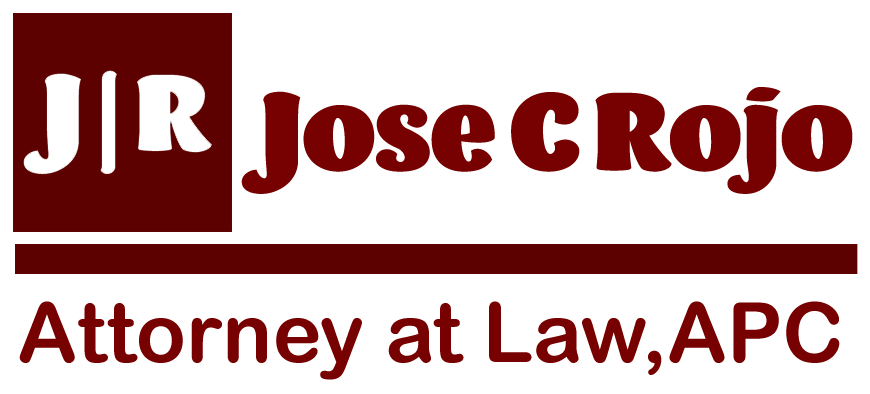Frequently Asked Questions
What are Miranda Rights?
- You have probably heard on television the speech that is read after an arrest: “You have the right to remain silent. Anything that you say can and will be used against you in a court of law. You have the right to an attorney and have him present with you during questioning. If you cannot afford an attorney, one will be appointed for you free of charge.” These are the “Miranda warnings,” which explain your constitutional right not to answer questions posed by the police and to have a lawyer appointed to represent you if you cannot afford to hire one. If you are the subject of a Criminal Investigation, you should exercise those rights afforded to you by our Constitution.
What should I do if the police want me to question me?
- If the police decide to question you, their goal will be to gain an admission that can be used in the case against you. You should not answer questions or make a statement to the police unless there is a lawyer present to protect your rights. Sometimes people under arrest decide to make statements without a lawyer because they believe that they can persuade the police to let them go, process them faster, or gain some other benefit. This almost never happens, and the statements that such people make seriously hurt their cases. If you have information that will help your case, wait to tell it to your lawyer, who will help you decide the best way to use this information.
What is Arraignment?
- The arraignment is the formal process by which you are informed of the charges against you and the rights you have as a defendant.
Can the police search my home?
- Law enforcement officers can search your home only if they have a warrant or if you consent to the search. In your absence, the police can search your home based on the consent of your roommate or a guest if the police reasonably believe that person has the authority to consent.


